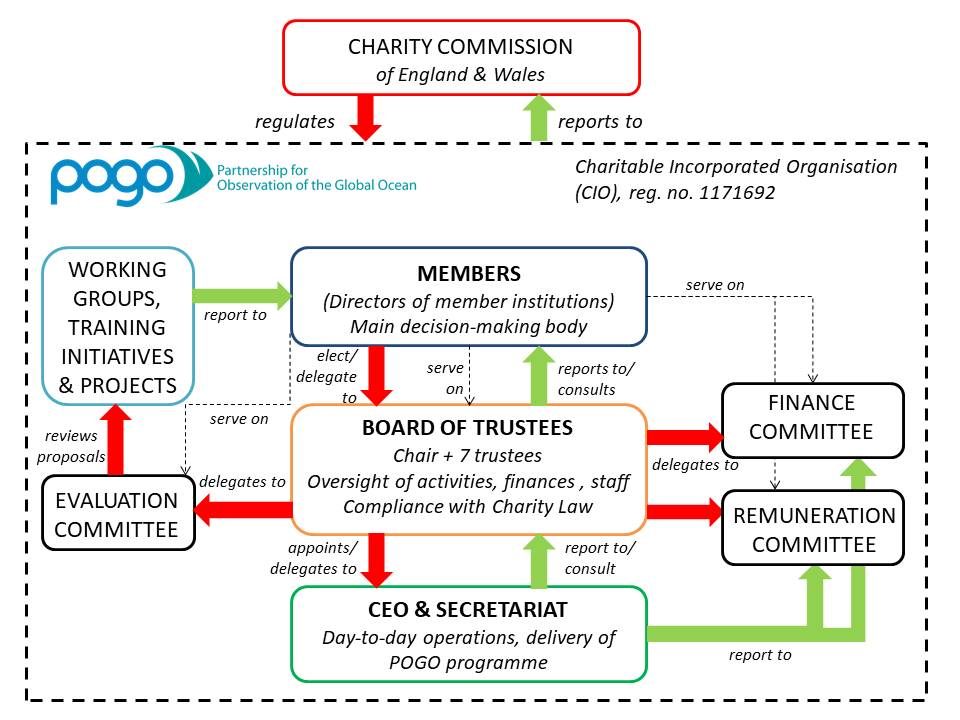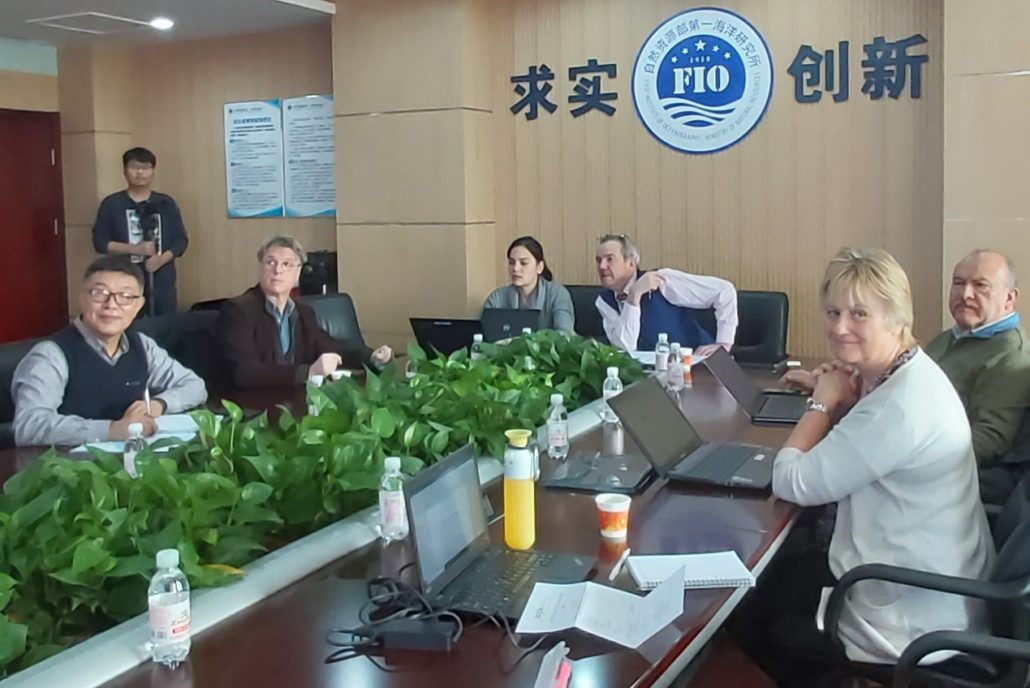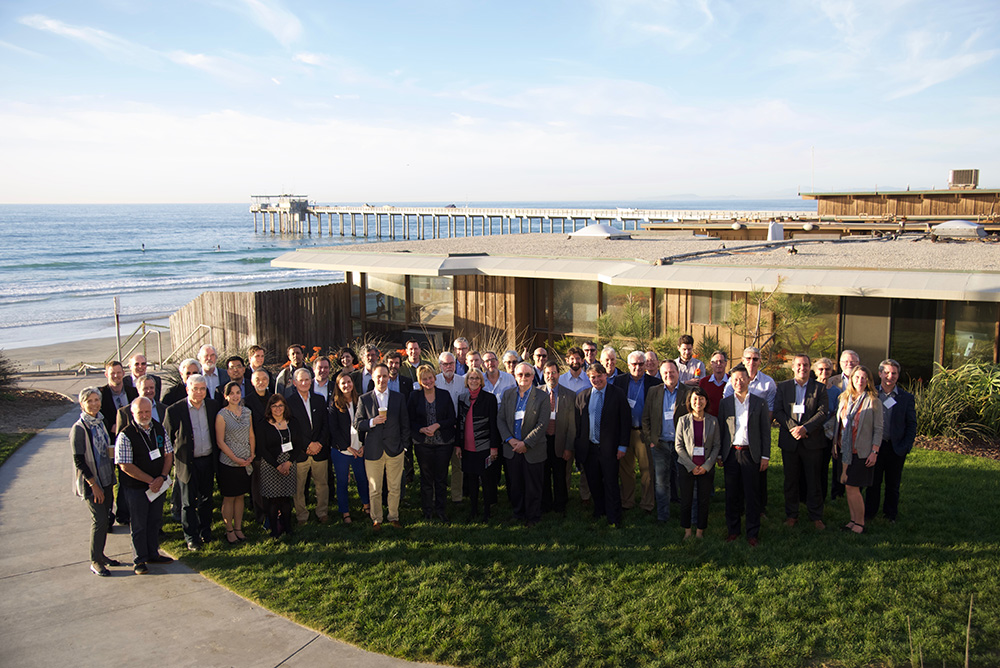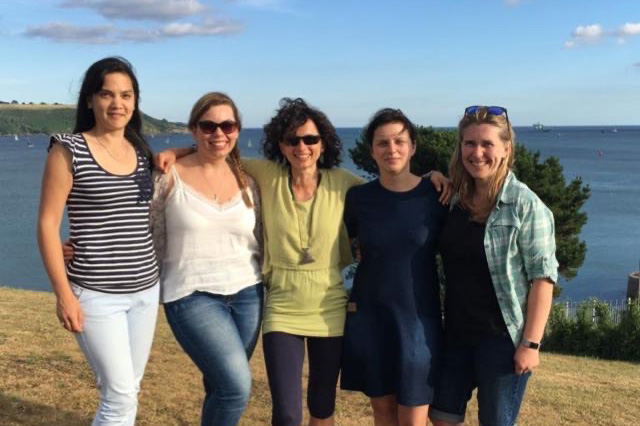The Partnership for Observation of the Global Ocean, POGO, is a forum created in 1999 by directors and leaders of major oceanographic institutions around the world to promote global ocean observing. Of particular focus is the implementation of an international and integrated global ocean observing system. POGO works closely with other international and regional programmes and organisations.
POGO’s membership includes most of the world’s leading ocean science and technology institutions. Their expertise, experience and infrastructure provide the unique and long term capability to design, build, operate and innovate the global ocean observing system. They are also training the next generation of ocean scientists, and strive for a more ocean literate society. Their commitment as a partnership is to pursue this mission nationally and internationally.
They bring to POGO’s shared aims the strength that comes from the diversity of their people, expertise, partnerships and their wide geographical coverage.
It is within the POGO institutions that the key long-term scientific and technical capability resides that is needed to develop and interpret the results from systematic global ocean measurements.
POGO members:
- Are distributed across the world with a presence on every continent with access to all major ocean basins.
- Have established reputations and track records of achievement often over many decades and longer.
- Provide the stable institutional longevity needed for supporting and innovating a long-term observing system at global-scale.
In terms of capabilities, they are:
- Each well-known ocean research institutions of high stature and profile in their own countries. They are each respected for the excellence and impact of their science and the authoritative advice they provide in their own countries. They are recognised and respected institutions within the international scientific community.
- Home institutions to many of the key scientists and technologists developing the global ocean research and measurement agenda.
- Home of the key long-term infrastructure, facilities and capability needed. They are repositories of the technical expertise, experience and know how, often built up over many decades, needed to develop, continually innovate and adapt an in situ observing system in harsh ocean environments.
- Leading many of the key technological and methodological innovations needed for in-situ observations.
POGO STRUCTURE




